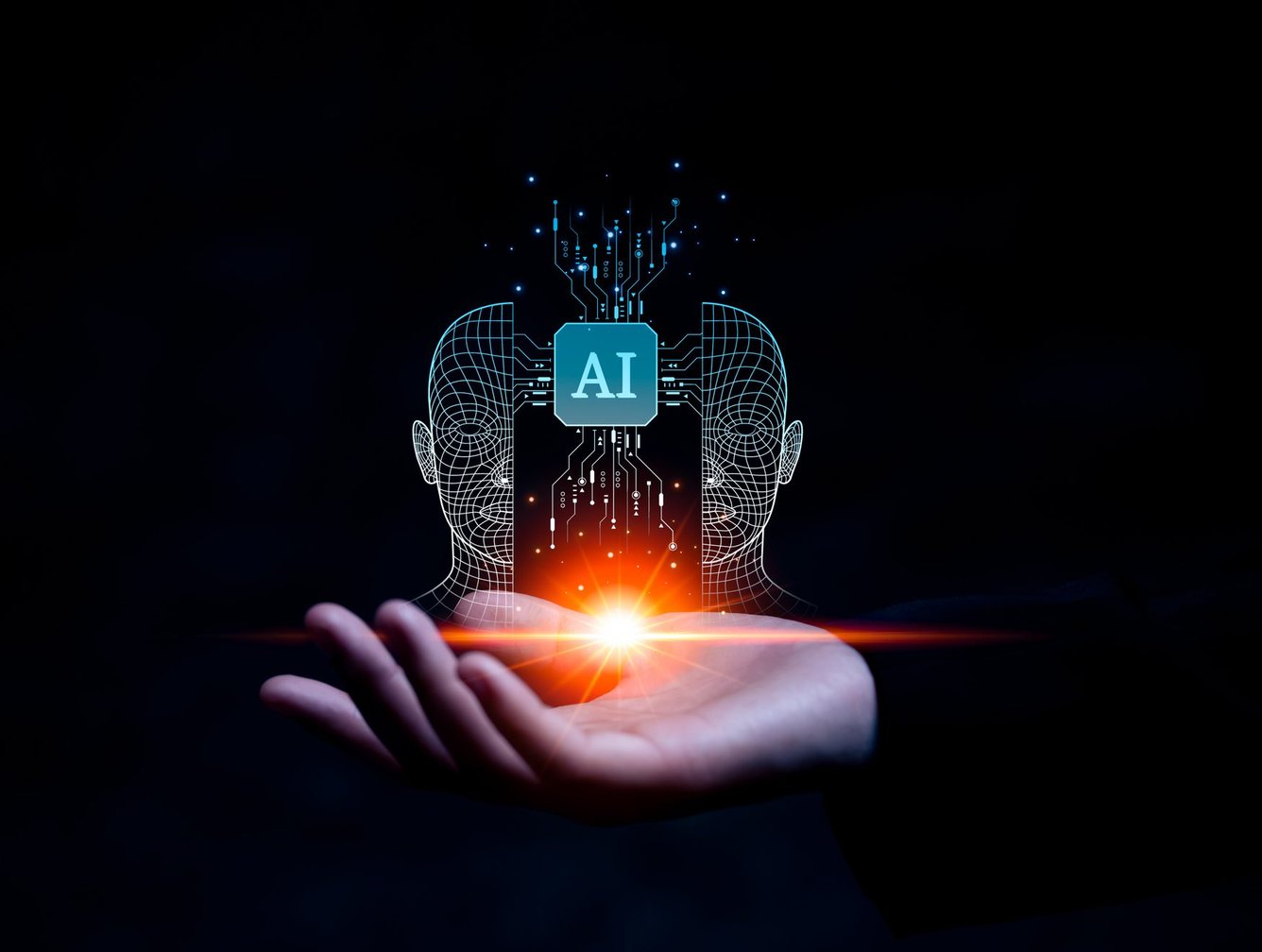Artificial Intelligence (AI) is rapidly transforming the automotive industry, and electric motorsport is proving to be a fertile ground for its application. From enhancing vehicle performance to revolutionizing race strategy, AI is becoming an indispensable tool for teams aiming for the checkered flag.
The Electric Vehicle as a Data-Rich Platform
Electric vehicles, by their nature, generate vast quantities of data. Battery temperatures, motor efficiency, energy consumption, and vehicle dynamics are just a few examples. This data-rich environment is a goldmine for AI algorithms, which can uncover intricate patterns and correlations that humans might overlook.
AI’s Role in Vehicle Development and Performance
- Aerodynamic Optimization: Wind tunnels have long been the cornerstone of aerodynamic design, but AI is taking it a step further. By simulating countless design iterations virtually, AI can identify optimal aerodynamic configurations with unprecedented speed and accuracy. This translates into reduced drag, increased downforce, and ultimately, faster lap times.
- Battery Management System (BMS): Efficient battery management is crucial for electric race cars. AI can predict battery degradation, optimize charging cycles, and prevent overheating, ensuring maximum performance and longevity. By analyzing real-time data on battery temperature, state of charge, and current, AI can make split-second decisions to maximize energy output.
- Powertrain Optimization: AI can be employed to optimize the performance of the electric powertrain. By analyzing data from sensors across the vehicle, AI can identify inefficiencies and suggest improvements to motor control, inverter efficiency, and overall power delivery.
- Material Science: AI is accelerating the development of new materials for electric vehicles. By simulating the behavior of different materials under extreme racing conditions, AI can help identify materials with optimal properties for weight reduction, strength, and durability.
- Suspension Tuning: AI can analyze suspension data to optimize the car’s handling and performance in various track conditions.
Race Strategy and Performance Optimization
- Real-Time Data Analysis: The sheer volume of data generated during a race can be overwhelming for humans. AI can process this data in real-time to provide actionable insights. Factors such as track conditions, tire wear, energy consumption, and competitor performance can be analyzed to inform strategic decisions.
- Predictive Modeling: AI can predict race outcomes, tire wear, and energy consumption based on historical data and real-time inputs. This information can be used to optimize race strategy, including pit stop timing, energy management, and power mode selection.
- Driver Coaching: AI can analyze driver performance data to identify strengths and weaknesses. By providing personalized feedback, AI can help drivers improve their lap times and consistency.
- Race Simulation: AI-powered simulators can create highly realistic virtual racing environments. These simulators can be used to test new car setups, develop race strategies, and train drivers.
Enhancing Safety and Fan Experience
- Driver Safety: AI can play a crucial role in enhancing driver safety. By analyzing real-time data from the car and track, AI can detect potential hazards and alert the driver or race control. Advanced driver assistance systems powered by AI can help prevent accidents.
- Track Safety: AI can be used to monitor track conditions, identifying potential hazards such as oil spills or debris. By analyzing video feeds and sensor data, AI can alert race officials to potential safety risks.
- Virtual Safety Car (VSC): AI can optimize the deployment and duration of the VSC by analyzing track conditions and vehicle positions.
- Vehicle Health Monitoring: AI can continuously assess the health of electric vehicles, detecting potential issues with the battery, motor, or other components before they lead to failures or accidents.
- Fan Engagement: AI can enhance the fan experience through augmented reality, virtual reality, and personalized content. By analyzing fan data, AI can deliver tailored content and experiences that resonate with individual fans.
- Data Visualization: AI can transform complex data into visually appealing and informative graphics, making it easier for fans to understand the nuances of the sport.
- Social Media Engagement: AI can help teams and organizers analyze social media data to identify trends, measure fan sentiment, and engage with fans effectively.
Building a Sustainable Future
Electric motorsport has the potential to showcase the benefits of electric vehicles and inspire a wider adoption of sustainable transportation. AI can play a crucial role in this:
- Energy Efficiency Optimization: AI can help teams and organizers reduce the overall energy consumption of the event, from transportation to track operations.
- Waste Management: AI can be used to optimize waste management processes, reducing the environmental impact of the event.
- Carbon Footprint Analysis: AI can calculate the carbon footprint of the event and identify areas for improvement.
Future Trends
- Autonomous Racing: While fully autonomous racing cars may be some time away, AI will undoubtedly play a growing role in developing autonomous driving technologies for road cars.
- Digital Twins: Creating digital twins of race cars will allow for extensive virtual testing and optimization before physical prototypes are built.
- Human-AI Collaboration: The future of motorsport is likely to involve a close collaboration between humans and AI, with AI providing insights and recommendations while humans make the final decisions.
Conclusion
AI is undoubtedly transforming the world of electric motorsport. By harnessing the power of AI, electric motorsport can become a showcase of cutting-edge technology, a platform for promoting sustainability, and a thrilling spectacle that captivates audiences worldwide. It’s a journey that has just begun, and the possibilities are endless.











